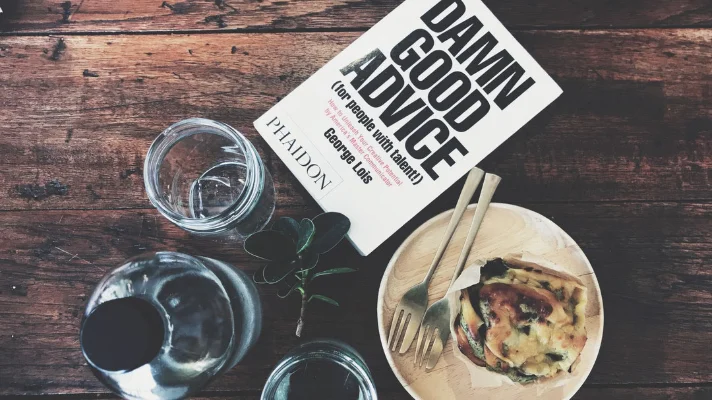I was hanging out in the bookstore with my friend the other day, and we found ourselves in the massive self-help section. My friend suddenly looked at me, with a perplexed look on her face and said “Isn’t it weird that people actually buy these kinds of books? I mean, who needs someone else telling them what to do?”
I was shocked, and a bit embarrassed. I looked at her and said, in a surprised tone, “no, I don’t think it’s weird at all. I buy these kinds of books all the time.” Judging by the sheer quantity of books in this section, I was confident I wasn't the only one.
So who needs self-help anyways?
And what does that mean?
In a famous speech to the graduating class of West Point military academy, Ayn Rand asked the question “Philosophy, who needs it."
Her message was, everyone needs it. Because everyone needs to answer 3 major questions in life. Where am I? How do I know it? And what should I do about it? These questions can be personalized with questions like Who am I? How do I know it? How do I communicate with those around me? The problem, she suggests, is that many people simply evade trying to answer these questions in the first place, and in-turn miss out on incredible opportunities to raise their own competence, and get more value out of the time they are here on earth.
This isn’t only applicable to people. Startups, businesses, companies and brands of all shapes and sizes can benefit from developing clear philosophies or—should I say— strategies which work to answer these very questions in specific business terms.
It’s not so much about needing someone to tell you what to do. In the end we make our own decisions about what’s ultimately right for us, but it goes without saying that leveraging the knowledge and expertise of those around us has proven value. Self-help is just another way of choosing to listen.
I once came across a book titled “Feel the Fear and Do It Anyway” by Susan Jeffers. I loved the title, so I bought the book, and it turned out to have an extraordinary decision making strategy inside. You see, after living in Asia for a year, I was trying to decide whether to stay put or move back to the states. It was a difficult decision for me. If I moved back to the states I could have my old job back, but I’d be giving up on my dream of living abroad. If I stayed in Asia, I’d be living my dream, but maybe sacrificing a better career choice. I became paralyzed with indecision.
Susan’s book illustrated the reason why many of us—including brands—find ourselves in decision traps. When faced with difficult decisions we tend to make lists of the pros and cons, either literally or mentally. This we’ve been taught, will help us to make the best decision. Unfortunately, we end up focusing on the cons which paralyze us into inaction since both decisions inevitably look like bad ones. Susan suggests a different strategy. Make a list of pros, forget about the cons. This will allow you to see each decision as a good one, each with different benefits. My decision to stay became easy because I had a new strategy that I didn’t have before.
Could I have developed this strategy myself? Maybe. But why waste time when I can benefit from the knowledge and expertise of someone who can help right now.
Imagine if Steve Jobs had never worked for Atari, or Nike had never sought out the advertising expertise of Wieden+Kennedy. These people and their companies might be in very different places had they not learned from and leveraged the expertise of others.
For most of us, it’s far too easy to become bogged down in the complexities of our day-to-day lives and ingrained ways of thinking. It’s hard to step outside of ourselves. We forget that there are often better or more effective ways of doing things. Self-help books are like mini consultant sessions that work to pull us out of our own heads and show us alternatives strategies. We all need self-help, just like all brands and businesses need strategic direction.
So next time you find yourself passing through the self-help section of your local bookstore, slow down and take a second look, you might find something that reveals a powerful insight for improving your life today.









